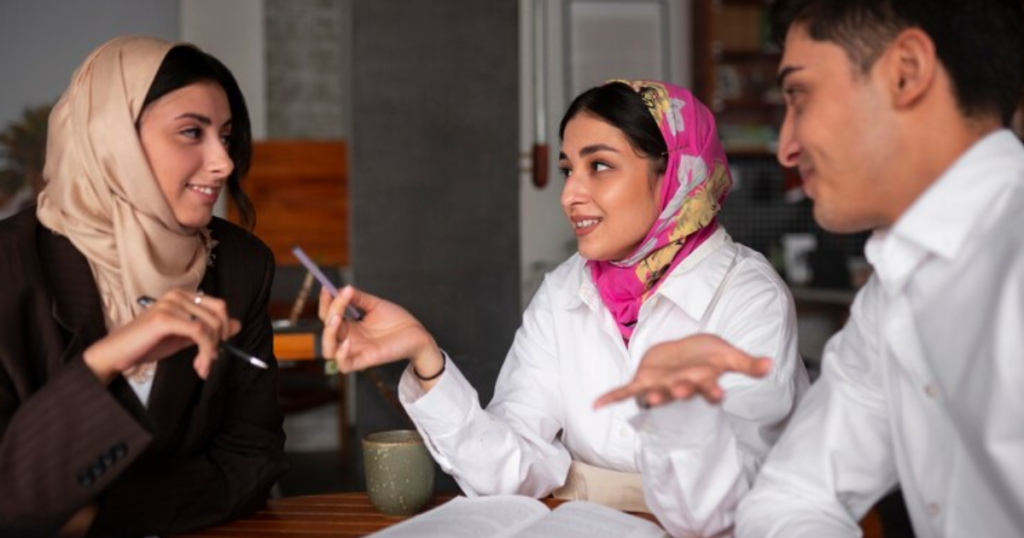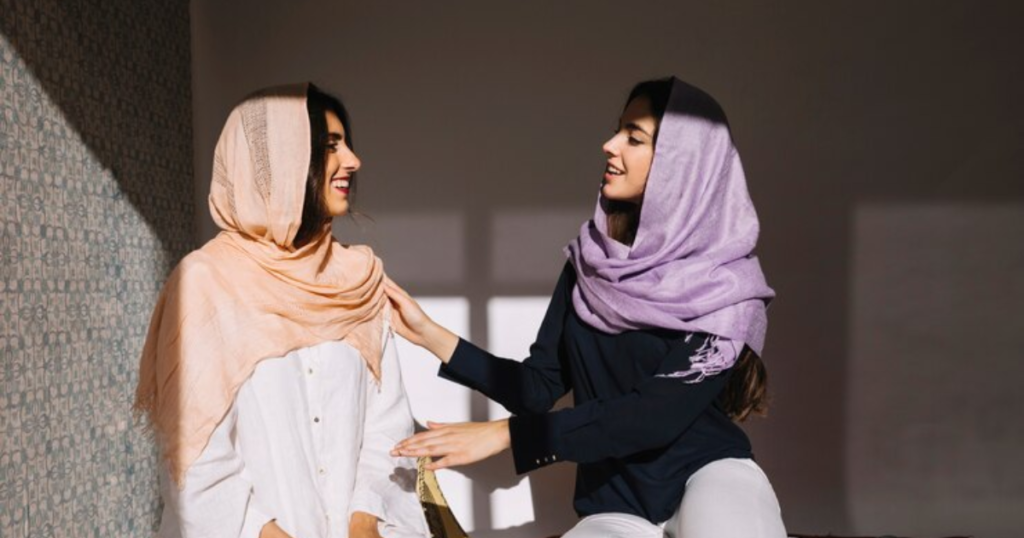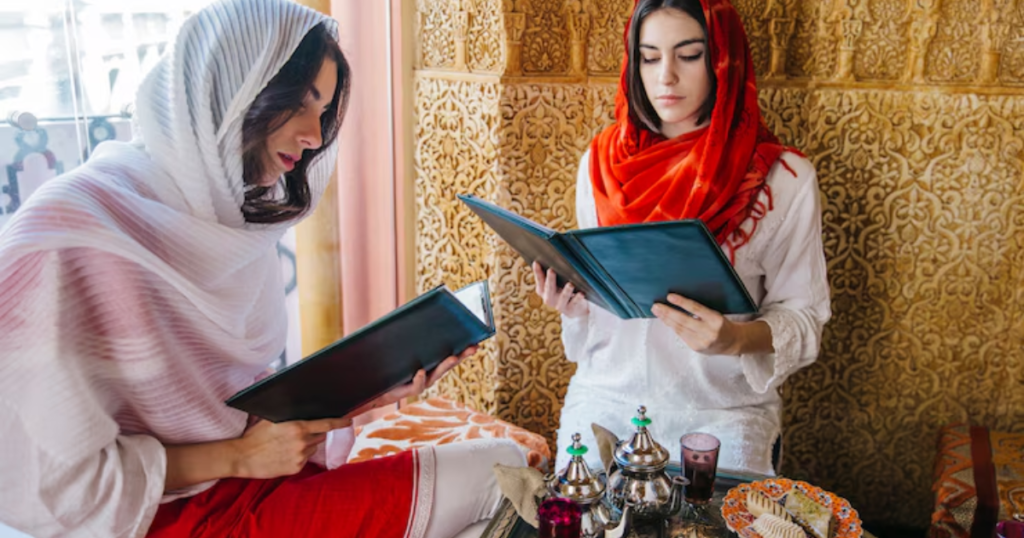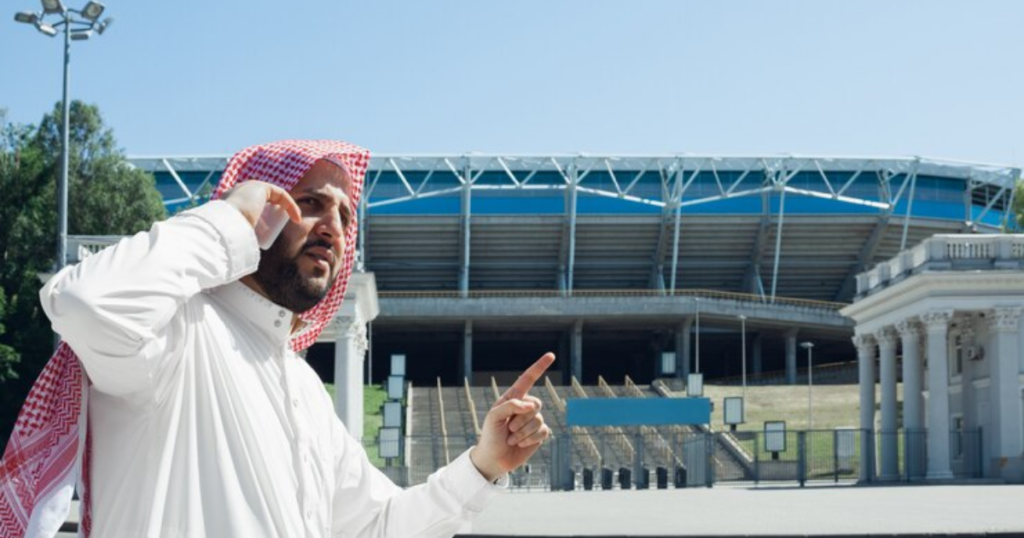For Muslims worldwide, the Umrah is a sacred pilgrimage to Mecca that is extremely significant spiritually. In contrast to Hajj, which is required and has set dates, Umrah can be done at any time of year. This manual offers a comprehensive, sequential method for completing Umrah, guaranteeing pilgrims are adequately equipped for this intense spiritual experience.
Getting Ready for Umrah
Recognising the Customs
It’s important to comprehend the rites before starting the Umrah. The four primary rituals of Umrah are Ihram, Tawaf, Sa’i, and Tahallul. Every pilgrim must follow the precise procedures and meanings associated with each of these rites.
How to Get a Visa
Pilgrims need to apply for a visa from the Saudi Arabian government in order to conduct Umrah. Speak with a certified travel company that specialises in Umrah trips to expedite this process. To prevent any last-minute issues, it is advised to apply for the visa well in advance. Generally, to apply for a visa, you need:
A passport that is currently valid for at least six months.
Current passport-sized photos.
Evidence of lodging in Saudi Arabia.
A ticket for a round-trip flight.
A certificate of vaccination, especially against meningitis.

Essentials for Packing
Bringing the right luggage for Umrah is crucial. Pilgrims should travel light while making sure they have all they need, such as:
Ihram attire: ladies should wear modest apparel; men should wear two white, unstitched sheets.
Travel documents: airline tickets, hotel bookings, passport, and visa.
Personal belongings: Comfortable footwear, prescriptions, and toiletries.
Religious items: A prayer rug, a copy of the Quran, and a tiny bag to hold necessities for the ceremonies.
Sunglasses, sunscreen, and a little, compact fan to beat the heat are comfort necessities.
Health and Immunisation Prerequisites
Before starting the Umrah, pilgrims must make sure they are in excellent health. The Saudi Arabian government mandates that travellers possess specific immunisations, such as:
Everybody above the age of two must have the meningococcal vaccine. The seasonal flu vaccine is strongly advised.
COVID-19 immunisation: in accordance with the most recent recommendations. A medical bag containing basic drugs and first aid supplies should be carried by pilgrims as well.

A Comprehensive Guide to Completing the Umrah
1. Achieving Ihram Niyyah (Intention) status
The intention (Niyyah) to carry out the pilgrimage is the first stage in conducting Umrah. This is carried out at specific stations known as Miqat. Before performing the Niyyah, pilgrims must purify themselves and put on the Ihram robes. The pilgrim’s starting point determines the miqat points. Among the principal Miqat points are:
Dhul-Hulayfah: For travellers via or from Medina.
Juhfah: For those travelling in Syria’s way.
Yalamlam: For people travelling in the Yemeni direction.
Qarn al-Manazil: For individuals travelling from the Najd area.
Dhat Irq: For Iraqi immigrants.
Talbiyah The pilgrims recite the following Talbiyah after declaring their intention: “Labbayka Allahumma Labbayk, Labbayka La Shareeka Laka Labbayk, Innal Hamda Wan-Ni’mata Laka Wal-Mulk, La Shareeka Lak.” This statement indicates the pilgrim’s submission to Allah and readiness to conduct the Umrah. Until they get at the Kaaba, pilgrims keep repeating the Talbiyah.
2. Circumambulation, or Tawaf
When pilgrims arrive at the Holy Mosque (Masjid al-Haram) in Mecca, they perform Tawaf, which is an anticlockwise seven-circle circumambulation of the Kaaba. The Black Stone (Hajar al-Aswad) is the beginning and finish of each circle.
Important Points to Recall: For the first three rounds, walk quickly and, in the case of men, start with the right shoulder uncovered.
While doing Tawaf, recite prayers and supplications, requesting Allah’s blessings and pardon.
At the start of every circuit, make a touch or gesture in the direction of the Black Stone.
After performing Tawaf, sip on some Zamzam water, as it is said to be blessed.
Tawaf Types:
Tawaf al-Qudum: Administered as soon as one enters the Haram mosque.
Tawaf al-Ifadah: Usually carried out during the Hajj, following the stay at Arafat.
Tawaf al-Wada: The rite of farewell, said just before departing Mecca.
Tawaf al-Nafl: Anytime is a suitable time to conduct this optional Tawaf.

3. Sa’i (Walking Between Safa and Marwah):
Following Tawaf, pilgrims engage in Sa’i, which entails walking between Safa and Marwah’s hills seven times. This custom honours Hagar’s journey to find water for her baby Ishmael.
Important Things to Keep in Mind: Begin from Safa and go towards Marwah, recording each ascent and descent of a hill as a lap.
During this rite, recite the petition for Sa’i together with other prayers.
Women should stroll at a moderate pace, while men should run gently in the designated region between the two hills.
4. Tahallul, or Hair Shaving or Trimming
Tahallul is the last Umrah ritual, during which ladies remove a little bit of their hair and males either shave or trim their hair. This ritual represents the pilgrim’s return to normalcy and the conclusion of the Umrah.
The meaning of Tahallul
A head shave is a symbol of humility and surrender to Allah. It’s regarded as more moral than hair trimming. In contrast, women must trim a small amount of their hair, usually no longer than a fingertip.
After-Umrah Customs: Offering Thanks
It is crucial to offer prayers of thanksgiving and ask for forgiveness for any transgressions committed during the pilgrimage after finishing Umrah. It is important for pilgrims to pause and consider how their spiritual journey has affected their life. It is strongly advised to offer more prayers, read the Quran, and practise Dhikr, which is the act of remembering Allah.

Seeing the Places of Worship
It is recommended that pilgrims visit other important Islamic monuments while in Mecca, including:
Prophet Muhammad received the first revelation in the Cave of Hira.
The Prophet Muhammad(SAW) and Hazrat Abu Bakar Siddique hid at the Cave of Thawr when they were travelling to Medina.
Historical and religious significance can be found at the Hajj pilgrimage sites of Mina, Muzdalifah, and Arafat.
Considering the Experience
Umrah is a very spiritual trip in addition to a physical one. It is important for pilgrims to pause and consider the lessons they have learnt and how they may use them in their everyday lives. Sustaining the spirituality and purity attained during the Umrah helps bolster one’s faith and dedication to Islamic teachings.
Extra Advice for a Harmonious Umrah
Well-being and Health
It’s essential to keep yourself healthy during Umrah. Pilgrims ought to eat well-balanced meals, drink plenty of water, and get enough sleep. It is also a good idea to bring along any necessary medications and a small first aid kit. In addition, pilgrims must to refrain from overdoing it: Follow the rituals at your own leisurely speed.
Maintain proper hygiene: Wash your hands frequently and use hand sanitizers.
Defend against the sun: Use an umbrella or a hat to protect yourself from the sun.
Honouring Regional Traditions
It is essential to honour Saudi Arabia’s traditions and customs. Pilgrims ought to follow local laws and ordinances, dress modestly, and act with decency. Among the important things to remember are:
Clothes code: Ladies should cover their heads with a headscarf and dress modestly and loosely. Men ought to dress modestly or with Ihram clothes.
Public behaviour: Keep civility and steer clear of boisterous discussions.
Photographing: Show consideration and stay out of places that are off-limits.
Maintaining Contact
Maintaining relationships with loved ones and fellow travellers can improve the Umrah experience. Throughout the journey, pilgrims should assist, support, and share their experiences with one another. Among the methods to maintain contact are:
Making use of local SIM cards: To stay in contact with relatives, get a local SIM card.
Getting involved with pilgrimage groups: Engage in conversations and activities with the group.
Sharing experiences: Take notes on the trip and show your loved ones.
Spiritual Readiness
Just as vital as the physical preparations for Umrah is the spiritual preparation. It is recommended that pilgrims participate in consistent prayer, recite the Quran, and educate themselves on the significance of Umrah. Extra actions consist of:
Participating in instructional sessions: Attend Umrah-related workshops or courses.
Perusing printed materials: Examine publications and books about the history and customs of Umrah.
Looking for direction: See knowledgeable pilgrims or religious academics for advice.
Typical Problems and their Fixes
Handling Large Groups
Handling the big crowds is one of the most frequent difficulties encountered during Umrah. In order to handle this well:

Make a plan for your actions: When there are less people around, during off-peak hours, carry out your routines.
Remain Patient: Remain composed and patient, and steer clear of conflict.
Remain in your group: If you’re travelling with others, stick together to prevent getting lost.
Language Disparities
Language barriers can exist for non-Arabic speakers. To get over this:
Acquire some fundamental Arabic Phrases: Learn some frequent phrases that are used during the Umrah.
Employ translation applications: Use apps on your smartphone to translate content instantly.
Ask for assistance: Ask for help from officials or other pilgrims.
Physical Tiredness
Umrah’s physical requirements can be difficult. To handle this:
Remain hydrated: To stay hydrated, sip lots of water.
Rest when necessary: Take pauses to recuperate in between ceremonies.
Put on cosy shoes: Make sure your shoes are appropriate for standing and lengthy walks.
Improving the Spiritual Journey
Say a Few More Prayers
In order to deepen their spiritual experience, pilgrims are urged to offer supplementary prayers (Nafl) in addition to the required ones. Tahajjud, or night prayers, are most fulfilling when done at the Holy Mosque.
Say the Quran Aloud.
Umrah’s spiritual impact can be enhanced by devoting time to memorising the Quran and contemplating its contents. In the mosque, pilgrims can also take part in lectures or study groups centred around the Quran.
Engage in Charitable Giving
The benefits of Umrah can be increased by taking part in altruistic endeavours like feeding hungry travellers or giving to the less fortunate. In summary, almsgiving is a fundamental component of Islamic law and is strongly recommended.
Umrah is a deeply spiritual event that needs to be performed with meticulous planning and strict observance of traditions. Travellers can guarantee a rewarding and spiritually enlightening trip to the Holy City of Mecca by adhering to our thorough instructions. Every facet of the journey can be handled with devotion and ease, from comprehending the ceremonies to handling the physical challenges.



